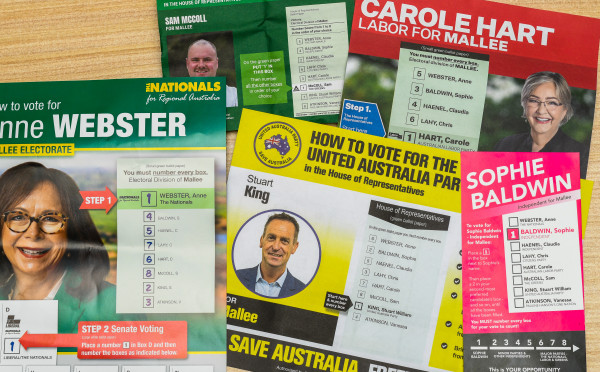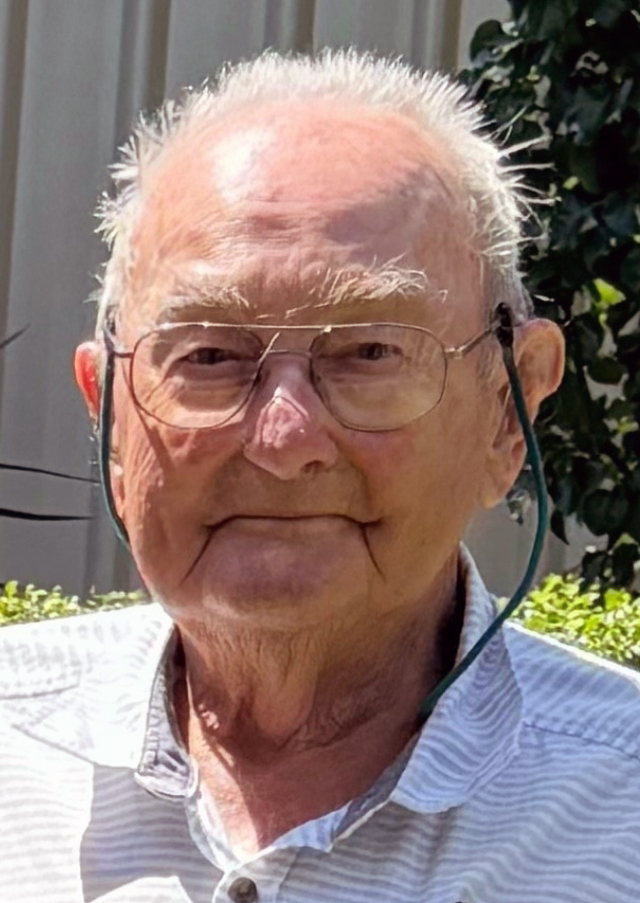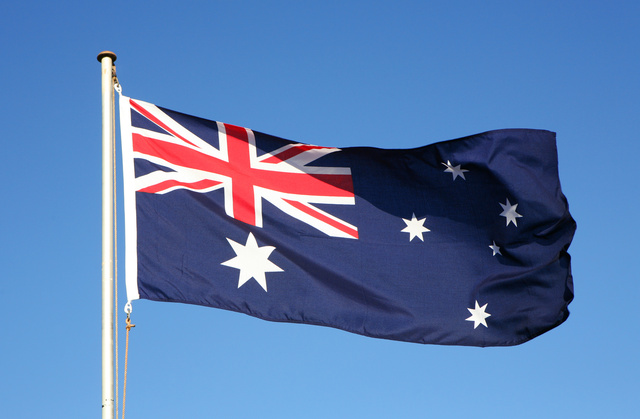THE saying that “politics makes strange bedfellows” was coined long before Australian federation, but it often perfectly suits our preferential voting system.
That system means most federal election candidates hand out how-to-vote cards that try to direct their voters on who to place second, third and so on when they number their ballots. In theory, that would mean candidates suggest putting who they think is second-best, or third-best, person for the job in those spots, but the political reality is far different.
For instance, Mallee’s incumbent MP, the Nationals’ Anne Webster, is asking her voters to give second pick to Stuart King, despite the latter’s United Australia Party’s campaign policy of sledging all major parties, including hers, as dishonest and incompetent. Mr King’s how-to-vote cards have Dr Webster at number six out of eight, which effectively aligns with that policy.
Dr Webster’s third-preference suggestion is even more surprising, as she directs her voters to give it to the mysterious Vanessa Atkinson, the Queensland-based One Nation “ghost candidate” who has nominated for a seat 1500km from her home, but has made no effort to campaign for it.
Why has Dr Webster made these choices? The simple truth is that she hasn’t. As the member of a party, she is beholden to that party’s wider election strategy, which involves preference tactics and deals made far away from Mildura.
“Fundamentally, that decision has been made at a national level,” Dr Webster told Sunraysia Daily, conceding that preference obligations could be “tricky” for MPs and other candidates.
“The national headquarters of course are in Queensland. That kind of answers all questions right there, because bargains and deals are done for that arrangement,” she said.
“At a local level, I’ve had no input at all.
“I’m committed to my party and the deals that are done in Queensland. I really have to wear that one.”
Dr Webster had not yet seen Mr King’s preference directions when she spoke to Sunraysia Daily and said that although she would “like to think” the UAP would return her the how-to-vote favour, she knew of at least one party colleague who had been put well down the UAP list and “that has given me cause to reflect that that’s probably not going to happen”.
And it didn’t. That’s politics.







